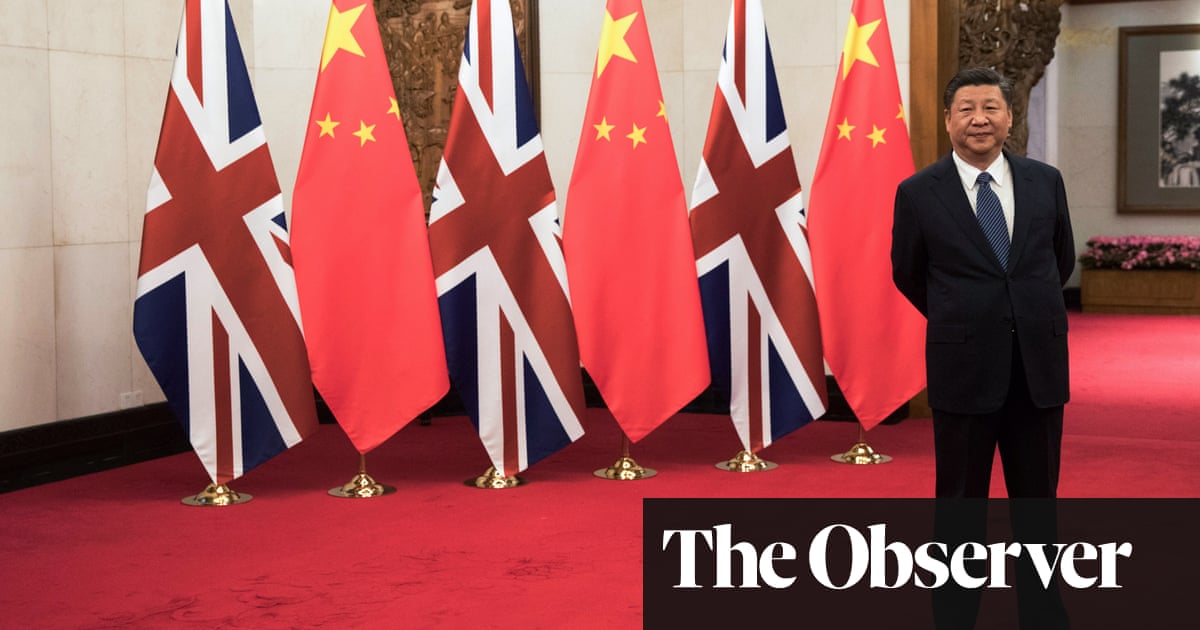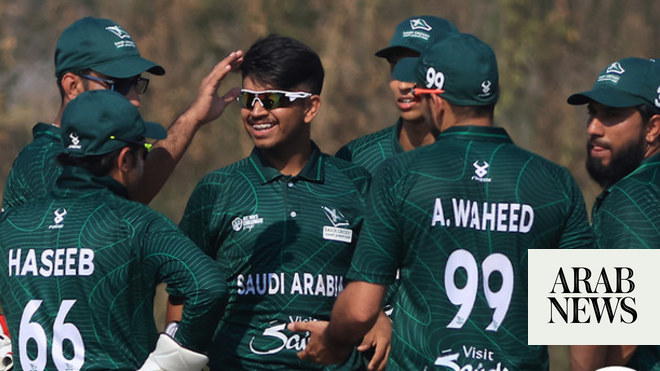
Everyone agrees that choosing a military option to deal with Iran would be like opening Pandora’s box, with disruption of shipping lanes and the effect on oil supply and prices, as well as on Gulf countries’ economies. However, there is an important factor that few talk about: The water supply to the Gulf. Iran and Arab Gulf countries are tied together by an intriguing geography. The Gulf is almost a closed pond, opened only at the narrow Strait of Hurmuz. That means any contamination would reach waters that all the Gulf countries share.
The Arabian Gulf is not only a strategic waterway, it is also an important source for desalinating water, which is crucial for Arab Gulf countries; Kuwait, for example, obtains 95 percent of its drinking water from desalination plants. The Gulf has the largest number of desalination plants in the world, with a capacity of 11 million cubic meters a day, half of the world’s desalinated water. Demand is expected to increase by 50 percent by 2050.
Saudi Arabia, which obtains only half of its fresh water from desalination, has plans to increase production and thus reduce dependency on ground water, which constitutes 98 percent of natural fresh water in the Kingdom. It aims to reduce the amount of water extracted from natural aquifers for agriculture. Because of the rarity of rain, ground water renews at a slow rate. Water is also a crucial element in the Kingdom’s planned economic growth, so there is a growing need for desalinated water. Research by King Abdulaziz University in Jeddah estimates that the demand for desalinated water has been increasing by 14 percent a year, and Gulf sea water supplies a large portion of it.
A serious leak from a tanker would contaminate the water that cities on the Gulf coast use for desalination. Such a leak could come from crossfire in a military conflict. Iran could also use contamination as a weapon against the Gulf states; asymmetric warfare is not exactly unknown to Tehran. It is difficult to predict such a catastrophe and what its extent would be, but at least the issue of water in the Gulf is a known unknown. The worst part of an armed conflict is the unknown unknowns —disasters that no one can predict.
Arab countries are well aware of the repercussions of a military clash with Iran, which is why they don’t seem to favor a military option; tensions in the Gulf can be addressed only politically, and a solution found only through dialogue and negotiation, Anwar Gargash, the UAE Minister of State for Foreign Affairs, said in June.
Hence the decision to keep some channels open with the Iranians. The UAE dispatched a delegation to Tehran last month to discuss maritime issues such as illegal entry and smuggling, fishing and shared borders. The meeting could hardly be described as a diplomatic overture, given the many thorny issues the UAE and other Gulf countries have with their Persian neighbor. Nonetheless, that the meeting took place at all represents a communication channel with Iran, albeit a narrow one. In essence, these types of talks on a tactical issue can be extended to encompass other pertinent issues and can identify common ground to build on down the road. Given the importance of water supply and the geography that binds Gulf countries with Iran, water could be another subject, like the maritime issue, to discuss with the Islamic republic.
Arab countries are well aware of the repercussions of a military clash with Iran, which is why they don’t seem to favor a military option; tensions in the Gulf can be addressed only politically.
Dania Koleilat Khatib
US policy is to choke Iran into submission, but it will not capitulate unconditionally. The Iranians can handle suffering as long as they can also inflict it on their enemy. Forty years of sanctions have given them a high tolerance for hardship; only when they reach an equilibrium between their suffering and their enemy’s suffering will they countenance negotiations.
Punitive sanctions drove them to the negotiating table with the Obama administration, but they endured those sanctions until their nuclear program was sufficiently developed to create the leverage required to extract a good deal from the US. It will probably follow the same strategy with the Trump administration. Unless the US opts for military action, at some point the Trump administration will have to negotiate. Similarly, unless the Iranians decide to provoke a confrontation with the US, they will also at some point have to negotiate. Issues such as water supply and maritime security, among others, if discussed one at a time, can facilitate negotiations for a new deal when the time is ripe.
More importantly, by keeping these discussions active, Gulf states will secure a seat at the negotiating table when the US and Iran finally start talking to each other.












